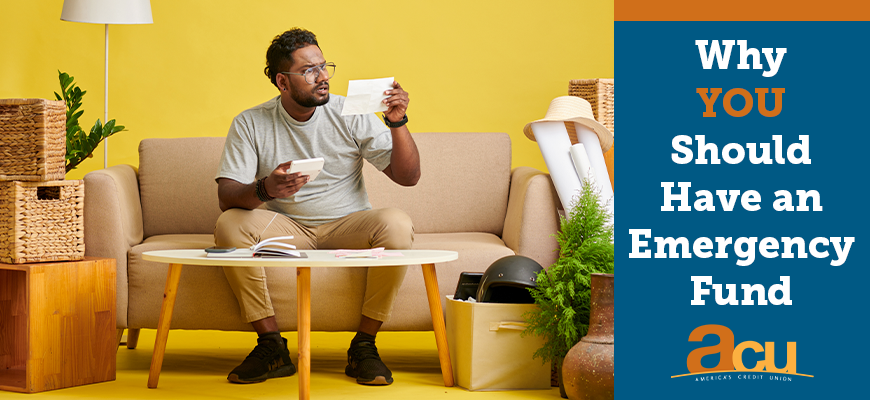Why You Should Have an Emergency Fund

An emergency fund is a type of savings account that is used to cover unexpected expenses or financial hardships. It is a good idea to set aside some money in case of emergency, as it can help you avoid going into debt or relying on credit cards when faced with an unforeseen situation. But what kind of emergency fund should you have? And how much should you keep in it? Let’s take a look.
How Much Should You Have in Your Emergency Fund?
The amount that should be kept in the emergency fund varies depending on your individual circumstances, but there are some general guidelines you can use to determine how much you need. Generally, it is recommended that people keep enough money in their emergency fund to cover at least three months of living expenses. This includes rent/mortgage payments, utilities, food costs, and other necessary expenses. The more secure your job is and the lower your expenses are, the less money you will need in your emergency fund; however, if there is a chance that you may become unemployed soon or if your job is not very stable, then it may be wise to keep more than three months’ worth of living expenses saved up in case of an emergency.
What Kind of Account Should I Use to Store My Emergency Funds?
When deciding where to store your emergency funds, consider using a high-yield savings account or money market. These accounts offer higher interest rates than traditional savings accounts and require minimal effort to manage – meaning all you have to do is deposit the funds and let them sit until they’re needed! Additionally, these accounts are NCUA insured so you don’t have to worry about losing any of the money due to market fluctuations.
How Do I Start an Emergency Fund?
Starting an emergency fund is easier than you think! First, decide how much money you would like to save each month (aim for at least 10% of your income) and then set up automatic transfers from your checking account into the high-yield savings account we discussed earlier. Once this has been done, all that’s left to do is monitor your progress and adjust as necessary! Remember – more money saved now means more security later!
Click here to learn more about Savings Accounts with ACU, and get your emergency fund started today:
ACU Savings Accounts